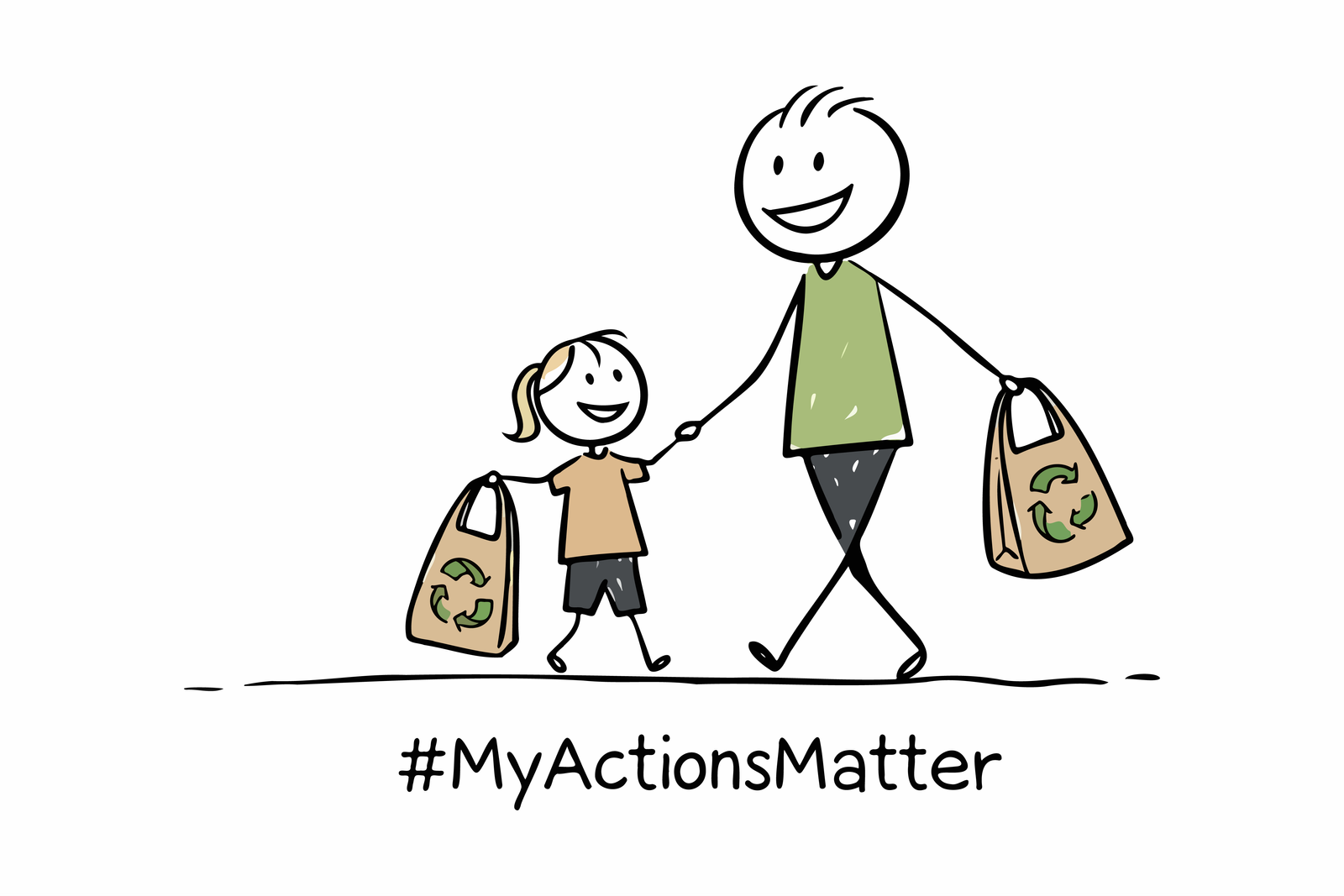One only has to spend 10 minutes on an online parenting group or forum to realise there are two distinct camps when it comes to questions of homeschooling; Camp A believes there is no education unless it happens within the homeschooling context – and uses every opportunity to share their views, and then there is Camp B who will try convince you that it is “not normal” for children to be homeschooled and that their only future is as social outcasts addicted to video games.
Louise Schoonwinkel, Managing Director of Optimi Schooling of which Impaq is a registered trademark, is the first to admit there are some common myths that tend to prevail about home and online schooling, but the truth is more dynamic and certainly more nuanced than we sometimes assume.
“Education today is about putting the needs of the learner first, which starts with the acknowledgement that the days of a one-size-fits-all approach are both outdated and simply no longer necessary. Alternative options, like homeschooling, bear exploring if we are serious about ensuring our children get a relevant education, while taking the needs of the learner and his/her family into consideration,” she says.
Louise makes a compelling case for why and how we need to allow for alternative options to ‘traditional’ school as a means of ensuring children get a quality, future-ready education. To this end, Louise helps us unpack three of these myths.
Myth 1: Homeschooled children are socially awkward and lack socialisation
Fact: There are plenty of opportunities for children to get involved in sports and activities outside the traditional school environment.
A common concern for parents considering homeschooling is whether their child will miss out on social experiences. “The reality is that home and online schooled learners often have more flexibility to engage in activities outside of a school setting. Joining homeschooling groups, sports clubs, or online communities can help learners build strong social connections,” Louise advises.
For families with children involved in sports, music, or other demanding activities, home and online schooling provides the flexibility to balance education with personal passions. It also allows for real-life learning experiences that bring lessons to life in ways that textbooks cannot.

Myth 2: Parents are not qualified to teach their children.
Fact: Home and online schooling does not mean children need to be formally educated by their parents.
Parents, or caregivers, play a supporting role in home and online schooling, and do not need to take on the role of teacher.
Homeschooling, however, encourages learners to take responsibility for their own education. Parents are advised to encourage self-directed projects and independent learning to help build confidence and a love for learning in children. However, there are various options for using tutors and tutor centres.

Myth 3: Homeschooling is haphazard and lacks structure.
Fact: Homeschooling allows for personalised learning pathways with a more agile structure
One of the biggest challenges in traditional schooling is that every child is expected to learn at the same speed. Some children grasp concepts quickly and feel unchallenged, while others need more time and may fall behind. Home and online schooling remove these pressures, allowing learners to master subjects at their own pace. This creates a deeper understanding of the material and fosters a love for learning, rather than just studying to pass exams.
Unlike in a traditional school where subject choices can be limited by resources, home and online schooling offers learners more flexibility to explore their interests. Whether it’s advanced mathematics, coding, creative arts, or entrepreneurship, learners have the freedom to shape their education in a way that aligns with their future aspirations. This personalised approach makes learning more meaningful and engaging.
“Contrary to common misconceptions, home and online schooled learners follow structured curricula like CAPS, ensuring they receive the same National Senior Certificate (NSC) as their traditionally schooled peers. Many go on to attend universities, enter the workforce with strong self-discipline, and pursue careers they are passionate about,” Louise says.
Ultimately, parents know what’s best for their child. If home or online schooling aligns with your family’s needs, trust your decision and embrace the flexibility, quality, and opportunity it offers.
Empowering Parents, Empowering Children
At Green Family Guide, we believe in empowering parents to make informed decisions about their child’s education. Whether you’re considering homeschooling or simply looking for alternative options, we encourage you to explore the possibilities and find what works best for your family.
Additional Tips from Green Family Guide
Research and plan: Take the time to research different homeschooling approaches and plan a curriculum that suits your child’s needs.
Join a community: Connect with other homeschooling families and join online forums or local groups to share resources and experiences.
Focus on interests: Encourage your child to explore their interests and passions, and incorporate these into their learning journey.
Seek support: Don’t be afraid to seek support from tutors, online resources, or educational experts when needed. Impaq,Optimi’s all-in-one Learning Portal is a valuable resource for homeschooling families, offering suggested lesson plans, assessments, memos, and thousands of additional resources in one convenient place.





